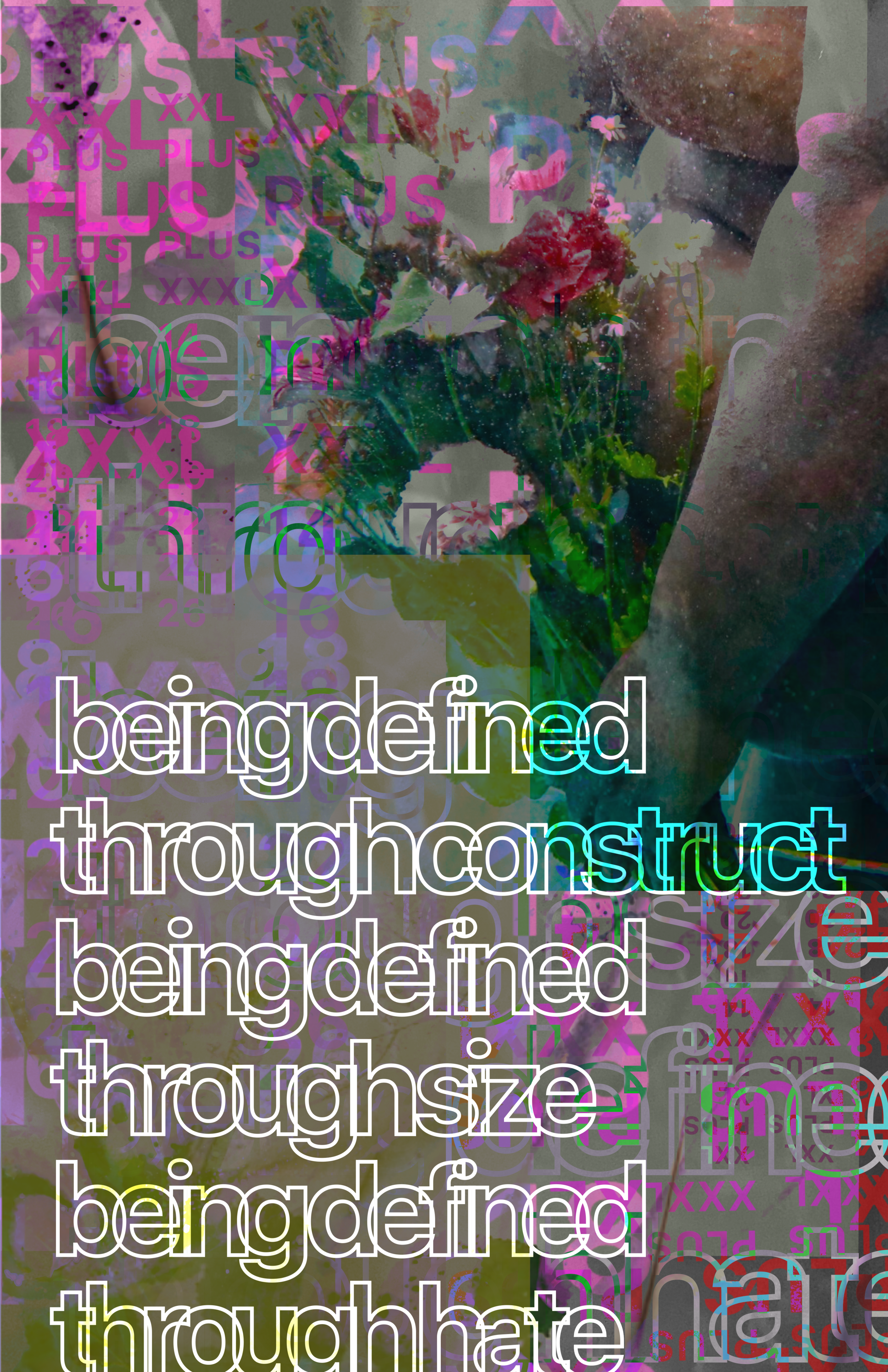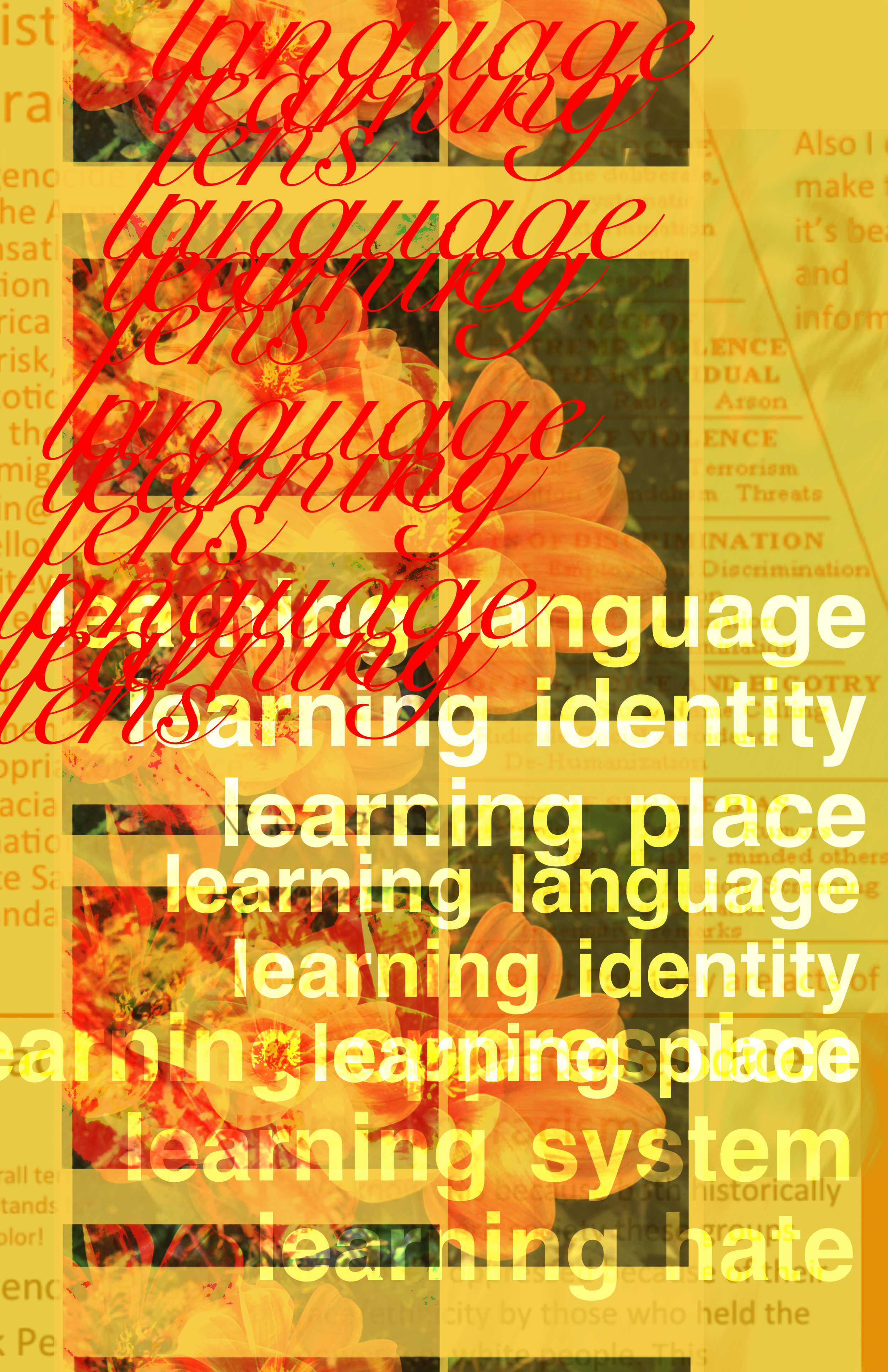contextual framework
Historical Context:
The Effects of Colonialism
Through settling and occupying numerous countries, colonialism set the stage for white supremacy to embed itself in what is now a global context.
Colonialism: the policy or practice of acquiring full or partial political control over another country, occupying it with settlers, and exploiting it economically. - Oxford Language
Anibal Quijano (1928 - 2018) was a Peruvian sociologist and humanist known for developing the concept of the ‘coloniality of power’. - Wikipedia
social constructs descended from colonialism:
White Supremacy
While there have been colonizers of all races, England had white the run. Their ability to overrun other nations and enforce their values while stripping others of their own, allowed them to give birth to the idea of a ‘superior race’.
Capitalism
African peoples were sold and treated as property while their labor was used to build up the economic infrastructure that supported the growth of the colonies. These are the roots of modern capitalism, which still relies on exploitation to maintain itself.
Racism
The concept of race was used to both elevate whiteness and dehumanize blackness. This idea permeates globally to this day, with-anti blackness being evident in cultures of all walks -- even those untouched by slavery, through the process of Westernization and the spread of antiblack thinking.
Fatphobia
Fatphobia describes the systemic discrimination that exists to instill inherent hate for fatness. Fatphobia is informed by years of racism, sexism, and capitalism, and even further through medicine.
Sexism
Women have long been victims of patriarchal values. These values subject women to subservient roles and being seen as lesser beings than their male counterparts.
Personal Context: Perception of Self
We are all products of our environment. Existing in a space shaped by colonialism, one is automatically exposed to and often taught the values of white supremacy.
For those that do not identify as white cis-gendered/heterosexual males (bonus points for wealthy and/or Christian), it is likely that some aspect of their identity, any parts that do not uphold the supremacy of white/male domination, have been discriminated against systemically. Thus subjecting them to internalized hatred towards their identity, and a warped sense of self-worth.
Social Context: Digital Unlearning
In the age of the internet, many folks turn to cyberspace to find community. Through social media and blogging sites, seeking to explore my identity outline led me to many folks that were doing the same. Over time I was exposed to the experiences of many folks like myself. Not only did I learn I was not alone in my experiences, but I was exposed to theory and social studies about these very occurrences. Social media was the first place I was introduced to real discourse about racism, gender, sexuality, etc. These led me to even bigger conversations about oppression through capitalism and colonialism. Had it not been for the internet, I surely would not have the same grasp on my identity that I have today.
community
Community is an integral part of all our lives. Knowing that we are a part of something grounds us and grants us familiarity and comfort. For marginalized people, community is integral to preserving our culture and providing for our people, especially under colonialism. Community amongst our people allows us to preserve our identities.
internet
The worldwide web is wide and deep, filled with all walks of life. Anything that you can think of is likely available online in some capacity. This great force has been a space for both negativity and positivity, exposing people to the world’s hatred, and the world’s love.
The Need for Space
A few years ago the term ‘safe space’ became popular as people began to seek out areas in their communities that were open to the marginalized experience. These safe spaces have existed in many capacities for quite some time, but it is now much easier to identify where these safe spaces are and who is involved in them. These spaces allow people to express themselves and be listened to, among other things. But the need for these spaces arises from a lack of compassion and understanding, warranting the need for an environment where people are not worried about being themselves.
The Power of Love
Dr. Omid Safi, a professor of Asian and Middle Eastern Studies at Duke, shared the following about love. “Love is actually the very unleashing of God, onto this realm. It is the very being of the divine. And at some point we come to see that it’s this love that brought us here, it’s this love that sustains us here, and if we merge with it, the same love will carry us back home.” Watch his talk here.
Historical Context: Decentralizing Coloniality & Radical Change
Over the years, many folks have worked against coloniality. Decentralizing means to shift away from colonial values, and imagine the world as it exists outside of the colonized lens. This looks like people pouring into their ancestry and creating spaces that work against oppressive constructs like racism, sexism, capitalism, etc. These efforts often fall under the term “radical”.
Radical is the word used to describe efforts to create change on a fundamental level that lean to an “extreme”. While the word radical has a strong connotation, there are many efforts that are considered radical that aren’t necessarily ‘extreme’ in nature. Simply existing contrary to colonialism is enough to be seen as radical.
adrienne maree brown : author and activist
“There’s an ancestral unlearning of pleasure, the way Black women have been trained to be in service with our bodies rather to be in pleasure in our bodies. [...] Pleasure is one of the ways we know [...] I’m connected, I’m apart of something, I belong, I’m safe, pleasure lets us know all that.”
- brown on pleasure activism
Fannie Lou Hamer (1917-1977) is one of many civil rights activists who worked tirelessly for a variety of issues posed against Black people, particularly poor Black women in the American south. She tackled voter suppression, food insecurity, housing, and much more all while facing targeted harassment and threats from racists and officers of the state. Her work is a tremendous example of folk leading radical efforts to provide for their communities.
Designing With Love
Love is an integral part of designing a sustainable world. Sustainability has become somewhat of a buzzword recently as we learn more about our earth’s changing climate. But it is care and concern for life and Earth that brings up the topic of sustainability. It is love that brings about that care and concern. Tapping into that love provides us with a perspective that considers our actions beyond ourselves. If we tap into love as designers, it will lead us into solutions that are empathetic and thoughtful. Even if our designs do not last forever, loving what we do and loving those we do it for allows us to sustain our practices and design sustainable needs and solutions.
visual lexica
This visual lexica is a series of graphic exploration surrounding the context of the framework.













